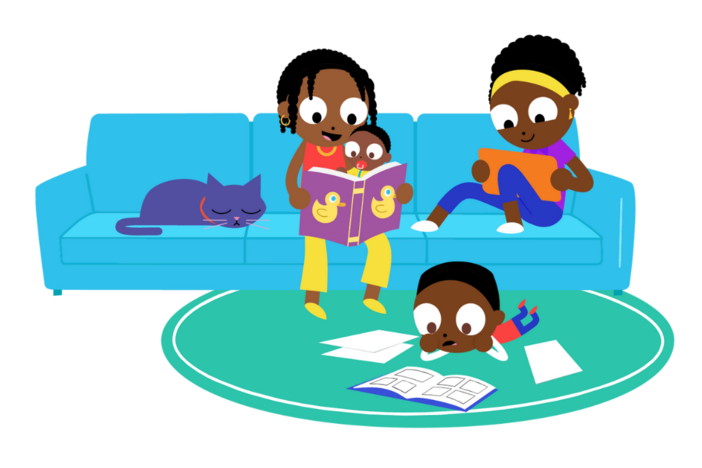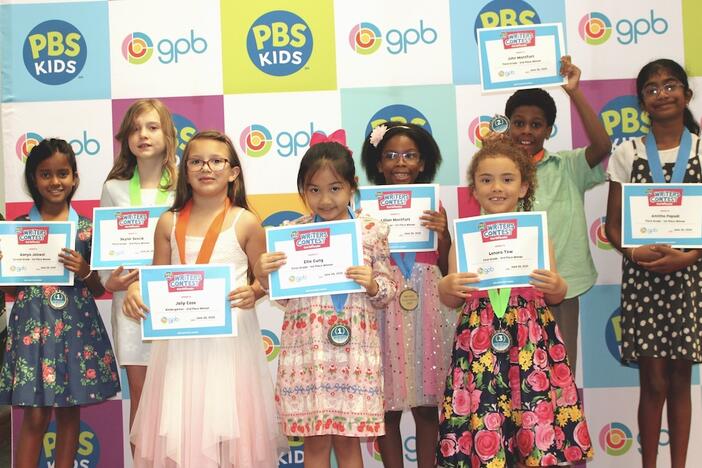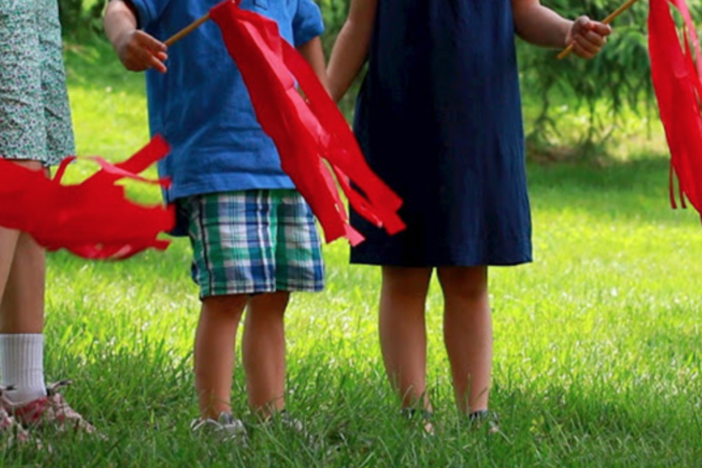
Section Branding
Header Content
Learning Resources For World Cup 2018
Primary Content

Even though the United States didn't qualify for the coveted tournament, millions of Americans will still watch one of the most important events to happen in the world every four years--the FIFA soccer World Cup. This year the Cup is hosted by Russia for the first time. With countries competing in a single sport from around the globe, there are countless opportunities to turn this month-long soccer binge into a great learning experience. One of the first things to do is drop by the CIA's World FactBook. It has biographies of every country on the planet. This way kids can become more familiar with the teams they are seeing on the field.
Want to focus on math? The initial stages of the tournament are all points-based, so have kids try to figure out how many points teams need to get through to the next round (this gets trickier as the first round comes to a close because a team's chances can be affected by other groups). Referees have to be from a neutral country and must speak several languages so that they can understand both the good and bad things players are saying to them! A fun game is figuring out what languages they probably speak (for instance, Brazilians don't speak Brazilian. They speak Portuguese). Try learning a few soccer terms in those languages.
Speaking of controversy, some games feel like diplomacy and warfare! When two countries meet that don't have a very good relationship, often times that game acts as a proxy to settle their differences. This is a great time to understand colonialism, modern foreign policy, or previous global conflicts. For instance, when a former colony plays its former colonial power, you can be assured things will get interesting! Furthermore, the days of everyone on a team having a very authentic sounding name have passed. Increasingly, teams are seeing more and more of their players coming from countries that at one time were their colonies or allies. A good example is France. Their team has a strong number of players of African descent. Using this development is a great way to begin an understanding of world history while still watching sports.
Another fun game for even folks who don't watch much soccer is to try to see how much a country's style of play reflects their culture. For instance, the Germans are very precise and methodical while the Brazilians are smooth and creative. Want some ideas for specific lessons? See the links below.
Inclusive Websites
- For a more comprehensive approach, try Oxfam. Their site features thirteen downloadable lessons covering math, English, and geography.
- Another great self-contained trove of resources comes from The New York Times' Learning Network. They have lessons from psychology and math, to visual arts.
- Teachwire has great activities for younger learners, including helping them understand Russian history and culture.
- ELA educator Larry Ferlazzo has a blog full of resources for better understanding the contest and incorporating literacy.
For More Advanced Lessons
- Is hosting the World Cup really worth it? The World Economic Forum offers in-depth thoughts for the economics classroom.
- Want to utilize the mathematics of the game for middle school? PBS LearningMedia has a great video from Thinkport to explore middle school math.
- The Guardian has an interesting puzzle using the scores between teams during the group stage.
- The Economist discusses why predicting the winner of the tournament is so difficult.
- Want to understand how they design the ball for every Cup? NPR reports there's a science behind it all.
So, whether you are a rabid fan, just can't seem to get interested because the United States isn't in the tournament (most of my friends), or have a particular allegiance to a country, there are more than enough resources to turn this month of sport into great learning opportunities. And when I attempt to convince the uninitiated to watch games, a great way to get people interested is to ask them about their family heritage. Everybody can get behind that approach. Now, hopefully, the country of your roots made it to the World Cup. As they say in Russian, "da nachnetsya igra" (let the games begin)!
With countries competing in a single sport from around the globe, there are countless opportunities to turn this month-long soccer binge into a great learning experience.





